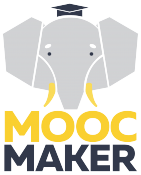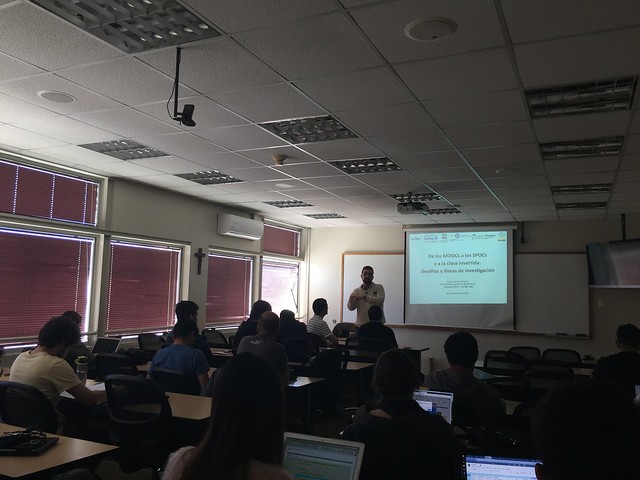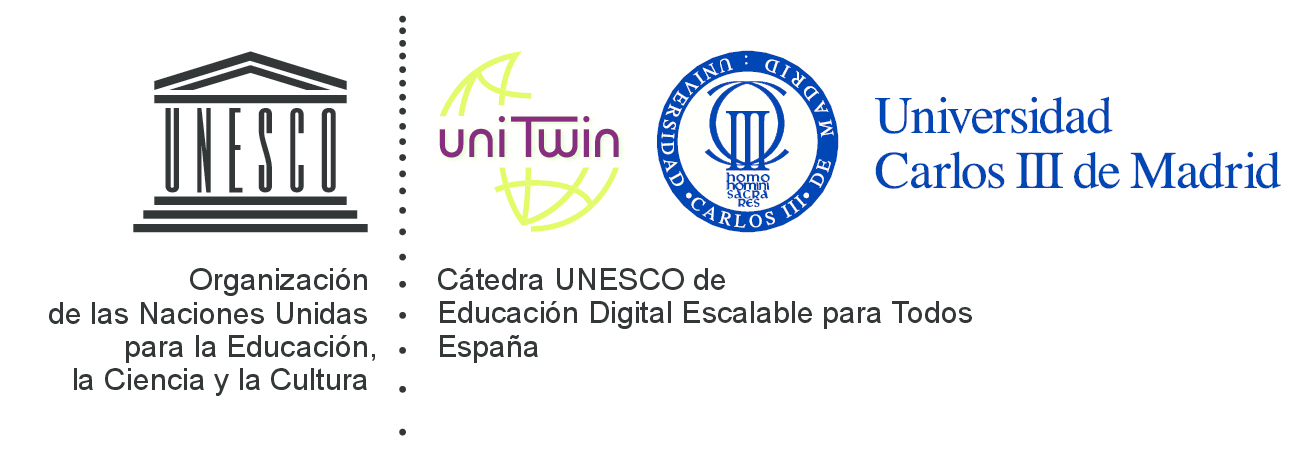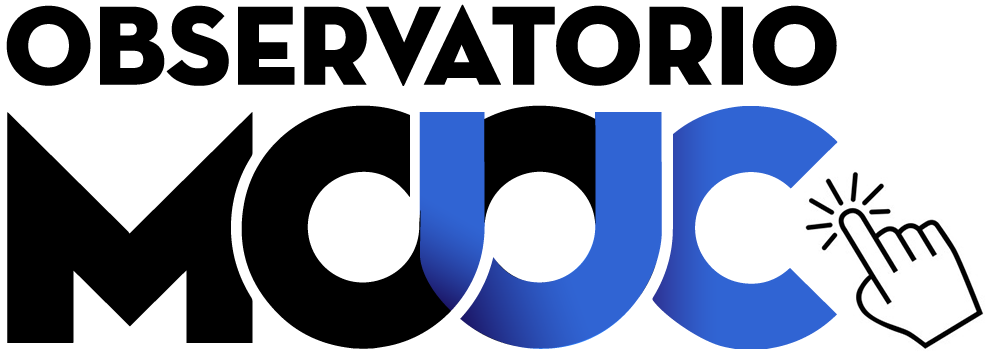On September 21 Carlos Alario PhD from Universidad Carlos III de Madrid was invited to participate in the colloquium “From MOOCs to SPOCs and flipped classroom” at the Pontificia Universidad Católica de Chile.
Twenty-five participants attended the talk, including postgraduate students, doctoral students and professors from PUC’s Department of Computer Science.
Abstract:
MOOCs (Massive Open Online Courses) have meant an important change in higher education systems. Many institutions have taken advantage of MOOCs to define (or redefine) their digital education strategy. Many teachers have taken advantage of MOOCs to generate quality content (mainly in audiovisual formats), expose their teaching skills to the outside world, and redesign the way in which they teach their face-to-face classes. The flipped classroom is one of the strategies most adopted by teachers who have participated in MOOCs, and who can now use the time in the classroom to carry out practical and interactive activities with the students. However, flipped classroom is not without its problems. In this presentation we will talk about some of these problems, and try to propose solutions, based mainly on the existing capacity to collect and analyze data on the interactions of students with the course contents and among themselves.






